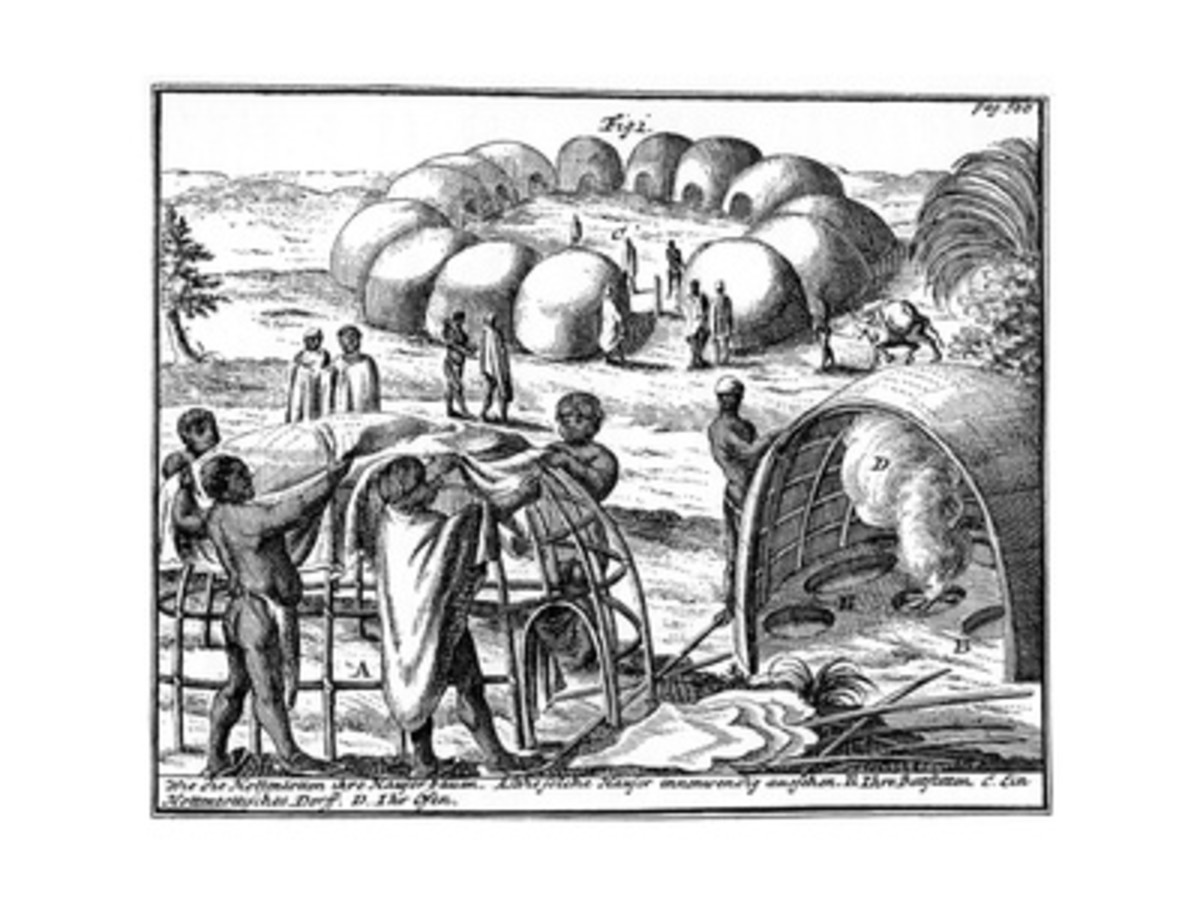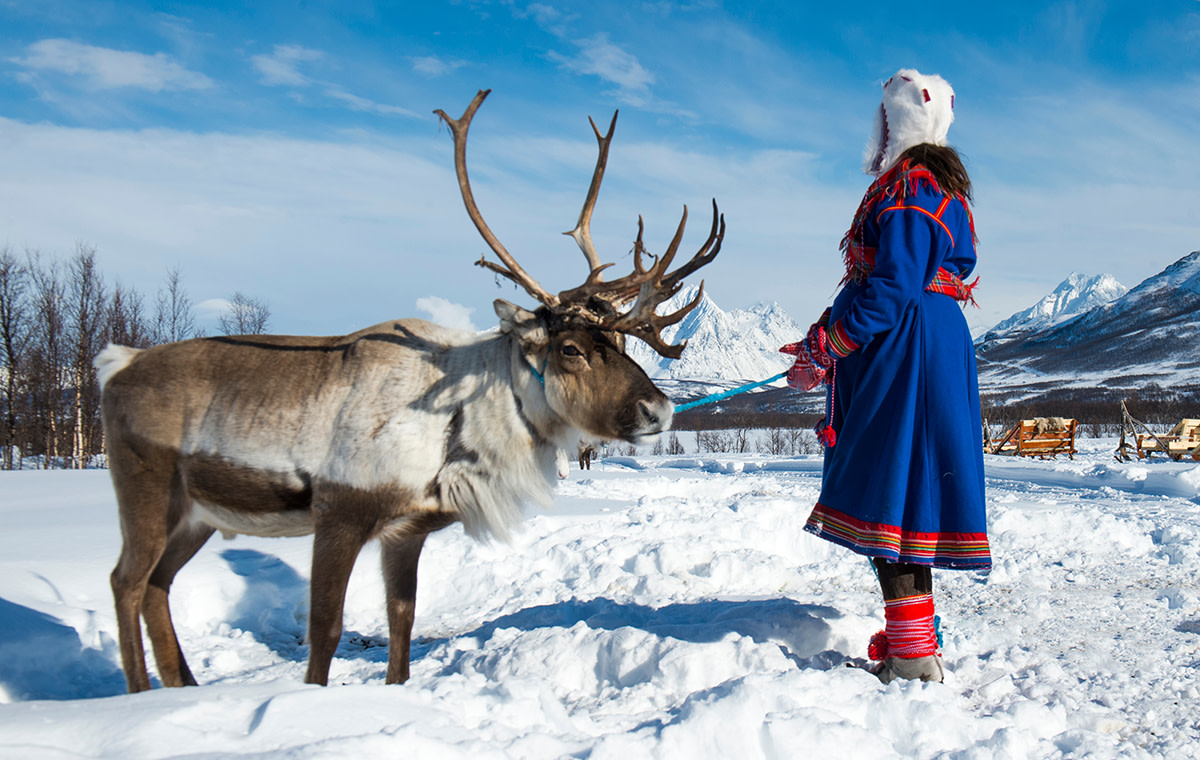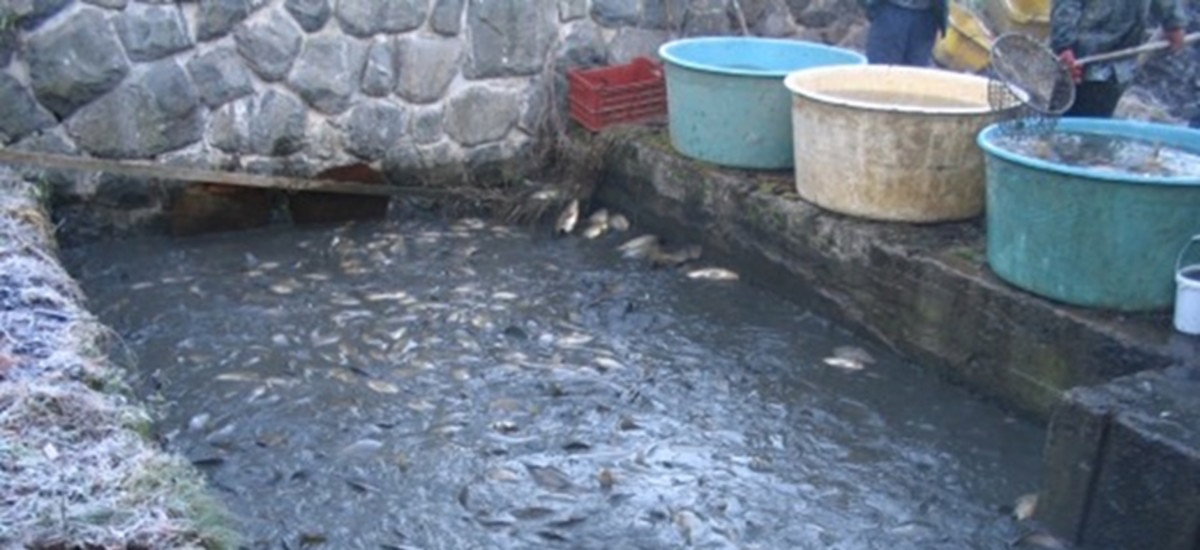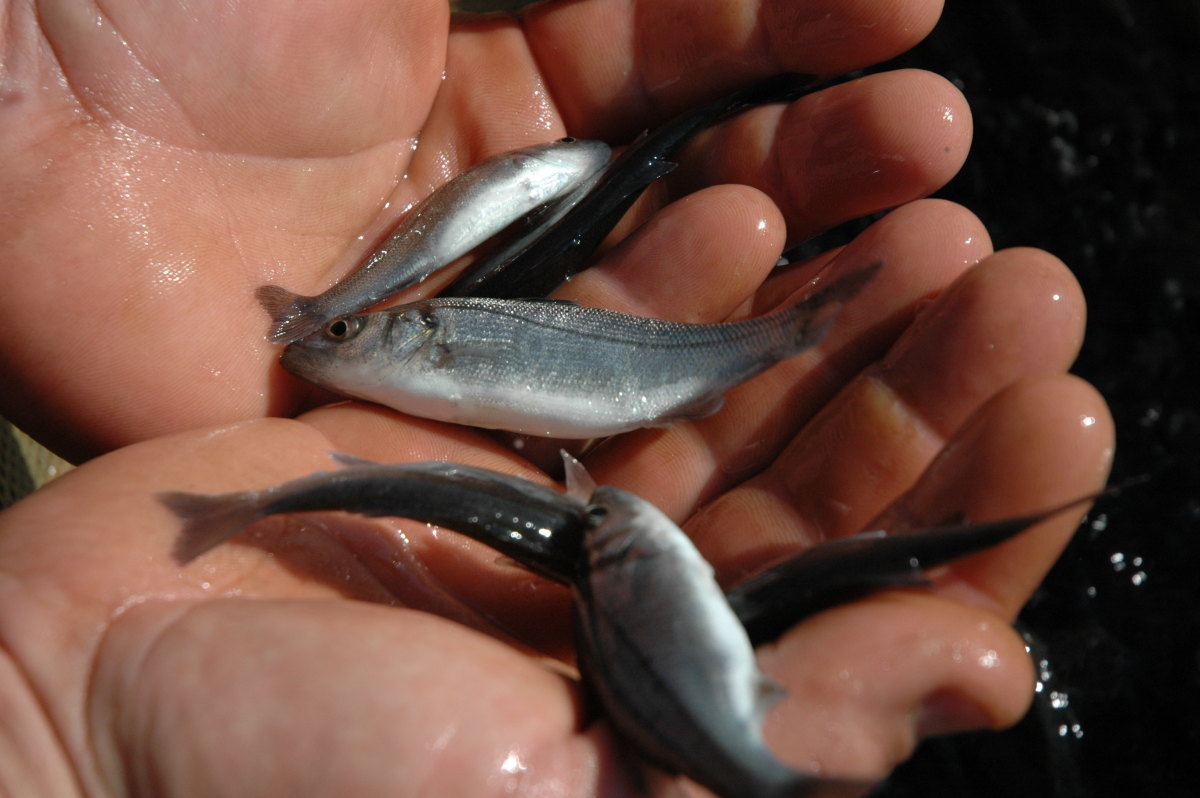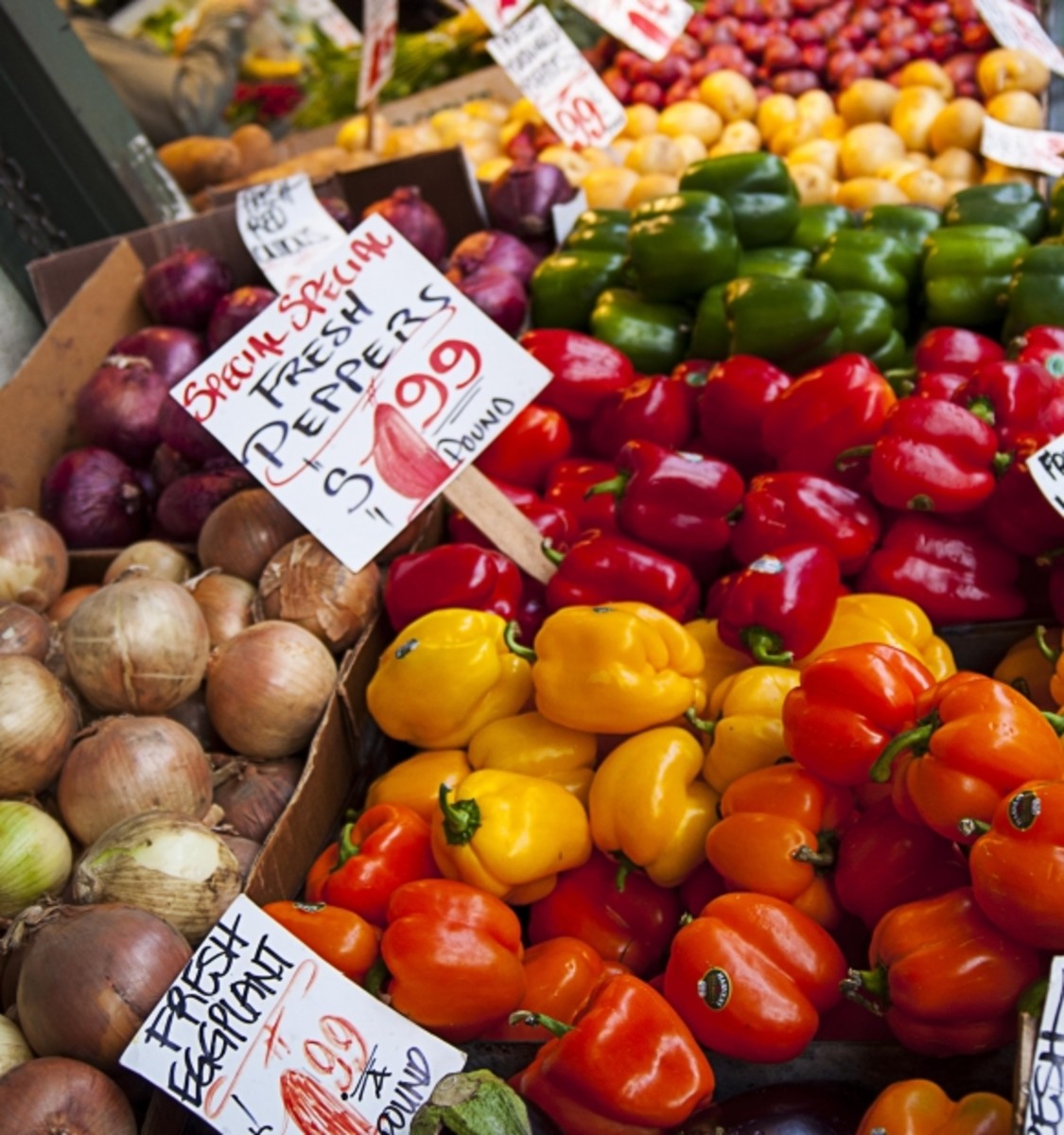Too little grass, too many livestock herded.
An N'Dama cattle herd
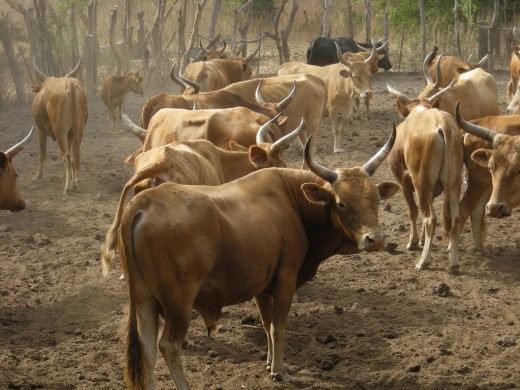
Christ is enough - Hillsong Live (2013 album) Best worship song with lyrics
introduction.
In many semi-arid regions, herders are keeping too many livestock for the available vegetation. This brings a lot of problems especially during dry spells. The herders end up travelling long distances in search of pasture and water for these animals. The cows are now frail, sickly and dying. In between any two grazing lands are farms and ranches. As these herders move their cattle towards fresh grazing zones they have to cross over these agricultural and ranch areas. They are tempted to graze these dying livestock on farmers’ produce and stolen grazing time on private and government ranches. Of course this is not music to the ears of the owners of these properties. There are times when serious conflicts ensue, considering that these herders are nearly always armed with crude weapons, ostensibly for herding and protecting their animals. Weapons and tools of work include spears, bow and arrows, and swords. Particularly heavy and mean looking herder’s rods are carried along by these herders. We have cases where automatic weapons are involved in these herding duties.
Wolves spouting water
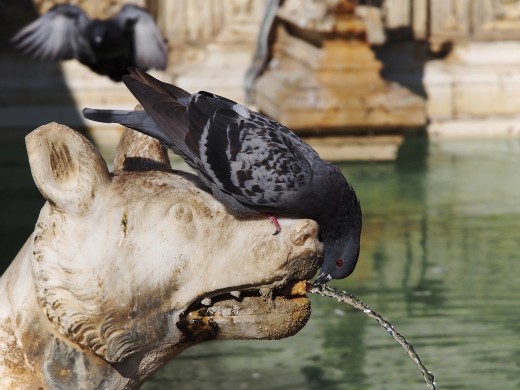
Farmers and ranchers have to deal with invading animals.
Farmers on the other hand don’t normally have to use war like tools in the cause of their duties. Hoes, shovels, gumboots, tractors, carpentry tools, wheel boroughs, carts, beasts of burden, and racks are most popular tools. The closest wars like tool in application are sharp knives, hedge slashers, and sickles. It therefore means that when the herders decide to allow their animals into maize fields, these farmers are totally disadvantaged. Pleas to the government for protection of farm lands and ranches from grazers are very common during dry spells. Today farmers are secretly keeping firearms so that if push comes to shovel, i.e. things get seriously out of hand, they can employ these to protect their property from invading herders.

Special menaces caused by the invading animals.
In the process of illegally herding livestock in private property ticks and other animal borne insects and diseases are introduced in these areas. In most instances herders don’t bother to vaccinate or spay their animals meaning that they carry animal diseases which are easily passed on to ranch animals. There are also possibilities of introduction of uncalled for crossbreeds as a result of mating of the opposing animals. Ranges keep pedigree animals and therefore fume when these breed is corrupted by frail looking animals. The herders are also known to make off with range animals because no one actually is happy with a frail animal, meaning if they had opportunity, they would rather own the healthy ones.
Western Skunk Cabbage

Herders-wildlife conflict.
There are these cases of herders driving their drought stricken livestock into game parks and reserves. This is quite risky both for the herder and their livestock due to eminent cannibal attacks. The livestock end up picking strange diseases from the wild which are unfamiliar to common veterinary personnel. In the process they may even end up gaming for meat and game trophies exacerbating the poaching menace wildlife rich countries have to deal with. Game park managers should make it a point to put up electric fences around the park to keep off any uncalled for intruders.
Göversheide (near Hülsenweg)
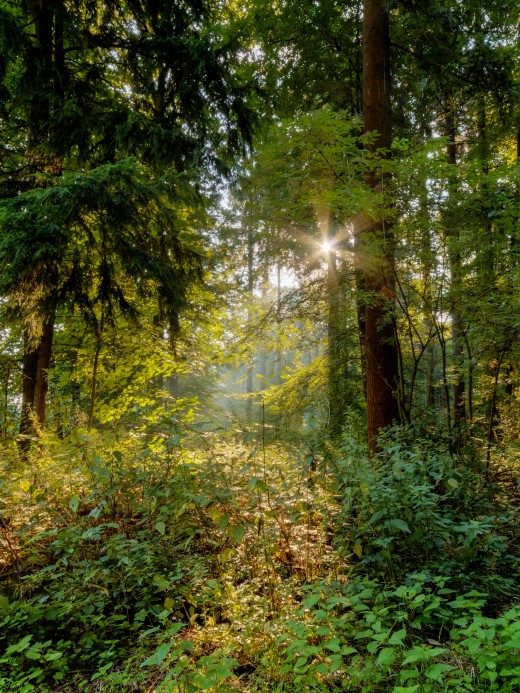
Conclusion.
Herders should ensure to only keep a manageable number of livestock to safeguard themselves from adverse effects of dry, hot weather. Options of zero grazing of cattle should be explored. It would be helpful if they would find ways to grow fodder instead of fully relying on natural vegetation for grazing as this is very unpredictable. In case they have to graze in private ranches it would be prudent to seek permission from the owners. This cat and mice game of driving animals into other people’s property actually borders on selfishness. It shows you care for your welfare at the cost of anyone else’s. Herders can follow a policy of selling off excess livestock in case of dry spells. This safeguards them from a lot of inconveniences, chief of which is dealing with unscrupulous business-people who insist on buying drought stricken animals at amazingly low prices and later making a kill when they sell the same animals elsewhere for good profits. It is encouraging that now some insurance companies have introduced policies to compensate herders for loss of livestock due to biting droughts.


